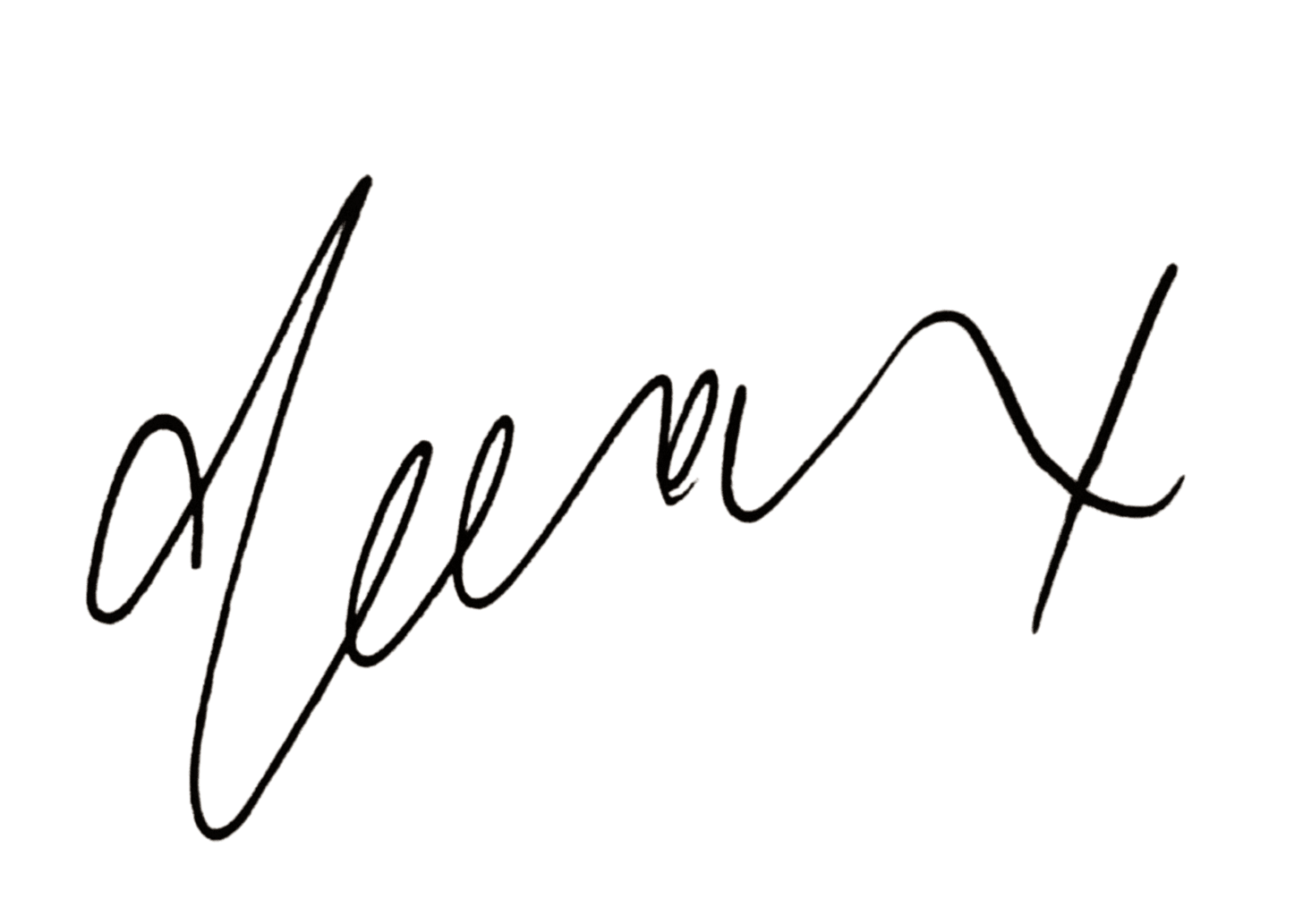When people ask what I do and I reply that I’m a writer, the response is usually something wistful like, “I’d love to write but I’m no good with words.”
Firstly, it’s incredibly generous of anyone to assume that just because I call myself a writer means I’m any good with words. Secondly, I don’t think “good writing” is about words. I think it’s about voice—and the only thing standing between ourselves and our ability to write is how connected we are to ourselves.
I include myself in this sweep. I go through phases of distraction and disconnection where I end up grasping for what I mean to say, less a writer and more a clumsy wielder of words. Without the right voice, words themselves are quite meaningless. They’re just bricks—basic building blocks of a story—and it doesn’t matter how complex or basic they are, we have to assign them meaning. It is the intention behind our words that provide the form; which is to say, I can’t put a sentence together without meaning any better than a builder can build a house without a plan.
I don’t believe that faking it til we make it applies to writing; fake writing always reads that way. If good writing has to be anything, it’s authentic—trying to emulate anyone else will inevitably sound contrived. The worst thing we can do, in my opinion, is measure our writing against another’s. They say comparison is the thief of joy; well, it also robs us of our authentic voice.
My best advice for approaching writing is to throw away any idea of what we think “good writing” is; just because we like the way someone writes doesn’t mean we should sound the same. How can writing possibly be good if everyone writes like each other? I know that there are far “better” writers than me—that is, writers I would love to write like and it kills me that I can’t—but I’ve learned that the surest way for me to write badly is to try to write like anyone other than myself.
A new friend/reader paid me the nicest compliment yesterday: he said that my writing reads as if I’m processing my thoughts in real-time and sharing them with the reader, making them understandable and accessible. That’s the best I can hope for: that my readers get what I’m trying to say. I’ve tried in the past to sound more sophisticated or more intelligent, whatever that means, and found that I was complicating what I was trying to say and confusing myself in the process. There are writers who have a gift for impossibly intricate and complex turns of phrase, who can weave tapestries of prose and poetry with their words; but I’ve made peace with leaving that to them. Besides which, I think most people would agree that the most powerful writing is honesty that is expressed in simple words.
I was so reminded this morning when an acquaintance shared a social media post about her mother who had just passed. I had never known this person to be a writer of any kind, at least none of her previous captions had suggested a way with words. I stopped to read this post, though, and it was beautiful. She spun an incredibly moving picture of her mother that gave me a sense of who she had been to the people who loved her, and of the void that now exists in this world. To me, this is why words exist—and they are right there, available to us when we reach for them, when we know what we want to say.
Universally good writing is comprehensible; it connects the reader not only to the writer but also to themselves. This is what great art does, in my opinion; it activates the easily-forgotten truth of our shared humanity. There is no better feeling for me as a writer than hearing that how I feel is how you feel, too; and as a reader, there is nothing more reassuring than knowing that someone else feels the way I feel. Mutually, it doesn’t get better than “It’s not just me.”
For us to access those truths, we need to really know how we feel. It sounds obvious, but there is so much that stands between our deepest truths and acknowledging them: biases, ego, fear, judgment, etc. It can take a lot of excavation to reach the floor of feeling, where truth lies; and, as I have experienced it, grief is the greatest clarifier.
Grief shatters everything that we ever thought mattered. It is the rawest, purest, most visceral form of love (which, of course, is the highest form of truth). It doesn’t just clean the clouded windows that separate us from our inner worlds, it removes the windows altogether. In grief, I’ve passed freely between dimensions, wandering bereft from here to the beyond and back. My grief emerged not only in words but as pictures; having never painted before in my life, I spontaneously did so prolifically over several months. When I revisit the work I produced during that time, I can see clearly that I didn’t paint them—I received them.
Obviously, I’m not suggesting that we seek out grief and heartbreak in order to feel anything worth articulating. I find journaling daily a great practice for staying connected to a source of truth; it’s my personal accountability tool that cuts through my BS and holds a mirror up to my facade. It’s very difficult to lie to myself on paper, and staying honest with myself keeps in motion curiosity and introspection that finds me in quiet moments until I can explore it more deeply. I find that this practice, essentially, keeps my channel clear.
This is why I was touched by the most recent compliment—that my writing reads as a process-in-progress. Much of my writing happens as a spontaneous download of information from somewhere else, a higher source, a connection to which I try to maintain as much as possible. It’s not a perpetual state (if only), and often I connect to it fleetingly, as I would to a wifi connection as I pass through a hotspot. Much of my writing happens before I actually sit down at my computer; both the last piece and this one began as I sat in a cab, looking out at traffic.
So my thesis is that if you’ve ever wanted to write, it’s just a matter of confronting whatever is standing between you and your truth. We all have the same words available to us—it’s what we want to say that matters.
P.S. Did you know that I’m also a journaling coach? “You should journal” is an easy thing to say, but I know the idea of journaling can be very daunting for anyone who isn’t used to it—starting, let alone forming the habit, can be really hard. Just like meditation, it’s easier to start journaling with a guided practice. If you’ve ever wanted to be a journaler, feel free to reach out. Just reply to this email x






So many nuggets in here... will be revisiting. I love the way you write
I enjoyed this, thank you. Very relatable as I struggle to work out my next piece.